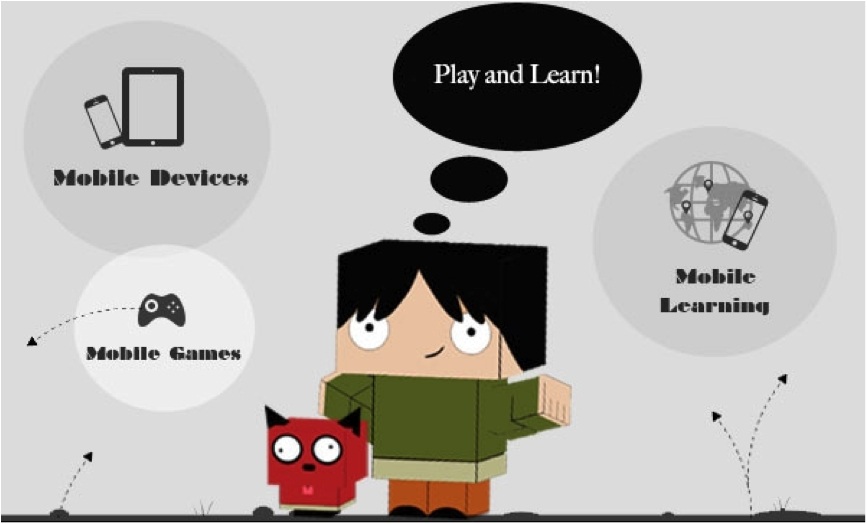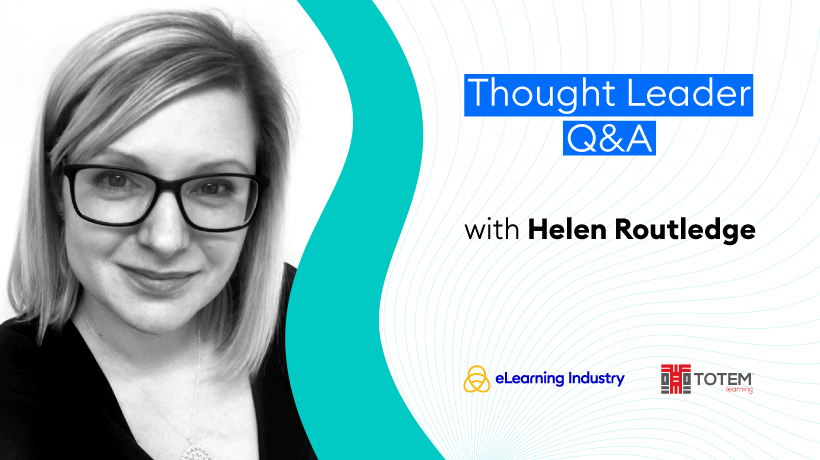Is There A Need For Mobile Serious Games In Africa?
There exists a broad scope of games including digital and non-digital ones. Digital games are developed for use in smartphones, computers, tablets, etc., whereas non-digital games exploring the use of resources such as boards, cards, pencils, and papers.
Serious games are pedagogical games designed to educate, train, and inform. These entertaining games for learning, have attracted obvious attention in the field of education, medical sector, and public institutions. They are characterized by various elements, such as goals, rules, restrictions, interaction, challenge, feedback, rewards, and competition. They are supposed to be an effective and efficient instructional strategy for teaching and learning as they involved competition and are organized by rules and restrictions to achieve a certain educational goal. For instance, competition stimulates the will to win and help students to stay focused on the learning activity.
This oxymoron "serious games" was first used as the title of a book by Clark Abt in 1970. Since then, the term has been widely studied by experts. For instance, in the field of education, Prensky found that SG must combine two powerful factors for success: one is the key purpose of the game, in which a learner can be pushed into a learning environment unconsciously in the game; the other is the integration of learning methods which enhance the teaching efficiency and reduce boredom from learning at school.
These educational games are believed to result in a wide range of benefits, like increasing the learning effectiveness, interest, and motivation as well as a reduction of training time and instructor load. They are expected to be a fun and safe environment, where students can try alternatives and see the consequences, learning from their own mistakes and practical experiences. One of the appeals of serious games is the interaction they provide among their participants. The training experience lies not only on the screen but on the challenges offered by this game-based learning method. Serious games have proven to be equally or even more effective than traditional ways of learning.
Mobile Learning Through Mobile Video Games Is More Convenient And Accessible To Africans
Initially, serious games were mostly designed to be used on a computer. But, in recent years, we are observing a shift in the way people are consuming content and the way we learn. Mobile devices are booming and increasingly challenging the other platforms. Smartphones are similar to earlier computers, and even now, ordinary computers in their hardware performance. People are now developing serious games for mobile devices based on mobile operating systems, such as iOS, Android, and Windows. In an increasingly digital world, it is only natural to have access to these products from different platforms and at any moment. To use smartphones, for a purpose other than entertainment seems an interesting orientation in order to exploit the small size of these devices and their contextualization facilities, and the user’s availability anywhere (in transportation, in waiting moments, ..) to devote this time to a more helpful activity, as learning.
Mobile learning is becoming a key element in the development of serious games, especially in Africa where the accessibility and convenience offered by mobile devices can really be an advantage over computers and static equipment. More than that, mLearning can be either context independent, using the user ’s availability to learn in any location or context-dependent, taking into account the user’s location (geographical, logical, …). It somehow eliminates the barriers set by age, gender (women are now playing as much as men), revenue, time as well as many other obstacles. Considering all these facts and with the demonstrated efficacy of SG in the learning and teaching process, we believe that this is an opportunity for African development to invest in the mobile serious game (MSG) and mobile learning solutions.
The Booming Market Of Mobile Serious Games: An Opportunity For African Developers
Newzoo in its Global Games Market Report called mobile the "most lucrative segment" of the video-game industry while noting that it should grow 19% year-on-year to $46.1 billion, which would represent 42% of the market. By 2020, mobile gaming will represent just over half of the total games market, the firm said [1]. Therefore, the future of game-based learning will be understood through the lens of mobile devices. The development of serious games for mobile devices is beginning to gain importance and the impact will be greater. The mobile serious games market is experiencing growth in 2 main sectors: education and business. The potential of mobile serious games in the African market is huge, especially because of high investment returns, a relative ease of development, the ability to attract many different users and their applicability in real life. African video game developers should cooperate with the corporate training and education industry.
African video game developers can turn smartphones into another instrument to further improve learning efficiency. Through smartphones and mobile devices (tablets, iPads, etc.) the development of skills and soft skills will be easier and more affordable than ever before in Africa. Some of them have taken the lead by developing games that go beyond folkloric echoes into having modern social relevance. Maliyo’s mobile game Mosquito Smasher isn’t just a satisfying time-killer but also key into a serious health problem.
It "aimed at raising awareness of malaria, and sensitizing people about the need to cultivate good hygiene habits" [2] says Obi, co-founder of Maliyo Games. Ghana’s Leti Arts game Hello Nurse, is an interactive story designed to help trainee medical staff diagnose and treat malaria. An evaluation study [3] conducted on Hello Nurse demonstrated its effectiveness in the memorization of knowledge on malaria at the Midwifery training college of Teshie. With a different scenario, Mosquito Hood, designed by Momentum Core, educates Africans living in rural areas about the risks and ways to protect themselves against malaria. For every player who passes all levels of Mosquito Hood, the Kenyan government was giving a mosquito’s net to its family living in a malaria-affected area. This game has been a great success in the development of educational games.
My Jorley [4], another Leti Arts’ game, deal with sexual health in adolescents and young adults aged 12-21. Ugandan game developer Daniel Okalany, co-founder of Kola Studios, created ZWord, a game that uses the zombie destruction method and combines the properties of educational games with popular culture to learn to spell.
One of these games, called Moraba [7], designed in partnership with UN Women, aims to empower youth audiences to prevent and act on Gender Based Violence (GBV). It is a quiz-based adaptation of Morabaraba, the traditional southern-African board game of strategy and wit. The game is free and generates revenue through sponsors and advertising. Finally, the game Ebola Strike Force tells the story of researchers and scientists who want to save humanity from a deadly virus. Sambisa Assault another game, gives players the opportunity to join the fight against terrorism. These are just a few examples of educational games, African game developers need to invest more and specialize in this field.
Conclusion
In Africa, mobile devices and smartphones are the most convenient and affordable platform used to access content. Educational games are an innovative instructional strategy to achieve learning more effectively. With the challenges faced in the access to education and professional training, mobile educational games are another appropriate tool to enhance the learning and teaching experience. As the market for these game-based learning tools spreads, African video game developers should also tap into this industry by designing meaningful and original educative content, so that teachers can diversify their instructional methodology. As the industry is still emerging, they need institutional and financial support to overcome the distribution and social challenge for their expansion.
References:
- Mobile games booming as global games market hits $108.9B in 2017 - Newzoo
- Meet the new gaming talent rising up from Ghana to Cameroon
- Cédric Christian Ngnaousi Elongué, Design and Evaluation of Serious Game for health training in Ghana, Master of Professional Studies, Lilles University of Science and Technology, 2018, 76 p.
- "Jorley" is a Ga word translating roughly as ‘sweetheart’.








